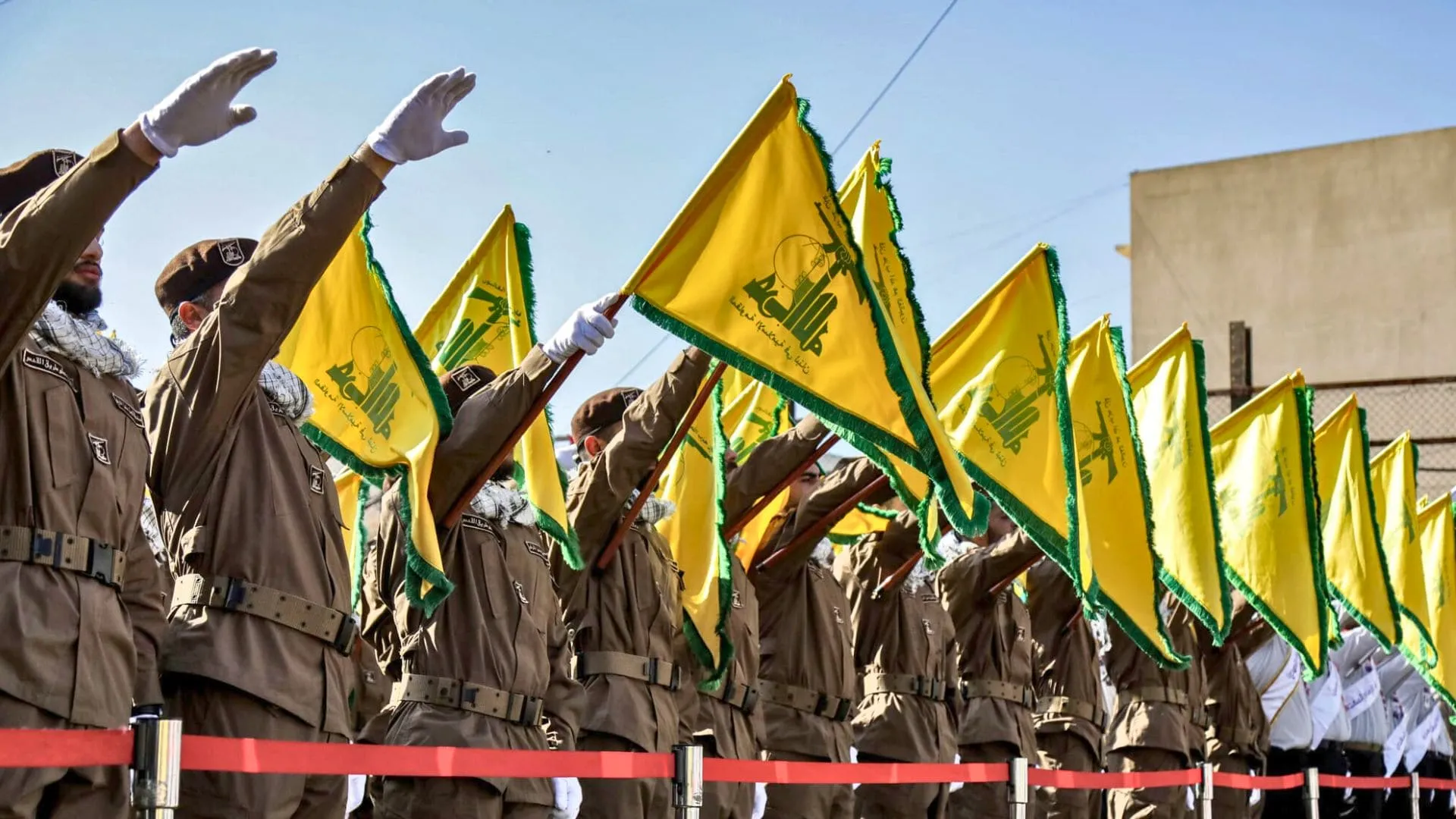Hezbollah, the preeminent armed organization in Lebanon, plays a major role in regional politics and security. Recent negotiations between US envoy Morgan Ortagus and Lebanese leaders have placed Hezbollah’s disarmament back on the agenda. The US has long sought to disband Hezbollah’s military apparatus, but Lebanese officials must weigh this outside pressure against intricate regional and domestic considerations. Experts contend that the disarmament of Hezbollah depends on both Lebanese internal politics and the influence Western powers, particularly the US, can bring to bear in the form of aid, diplomacy, and pressure.
US Calls for Accelerated Hezbollah Disarmament
While visiting Beirut, US diplomat Morgan Ortagus urged Lebanese officials to expedite the disarmament of Hezbollah’s military complex. The objective is to have the Lebanese state alone in control of arms, so that national sovereignty is maintained. Ortagus’s visit took place during increased tensions on the Lebanese-Israeli border. While a ceasefire in November 2023 brought to a halt more than a year of fighting between Hezbollah and Israel, Israeli soldiers continue to be deployed in southern Lebanon, perpetuating instability in the area. Periodic clashes and border incidents keep recurring, making it even more challenging to disband Hezbollah’s military presence. These tensions heighten the vulnerability of the ceasefire and introduce an element of urgency into disarmament schemes. The fact that Israeli troops are stationed in southern Lebanon, combined with Hezbollah’s deeply rooted military resources, makes disarmament an especially challenging process.
Political and Diplomatic Challenges
Domestic and international obstacles impede Hezbollah’s disarmament. In Lebanon, Hezbollah’s arms are viewed as necessary for protection against Israel, making disarmament a contentious issue in Lebanese politics. Hezbollah enjoys broad political support, which makes disarming it difficult. Globally, the US and Western nations have urged Hezbollah’s disarmament, but their success depends on how much leverage they can exert through diplomacy and foreign assistance. Lebanon’s unstable political environment and Hezbollah’s close relations with Iran make the situation even more challenging to resolve.
As tensions escalate and the risk of war looms, pressure on Lebanon to resolve Hezbollah’s disarmament increases. The issue remains unresolved, and the future of Lebanon and the region is left uncertain.





















